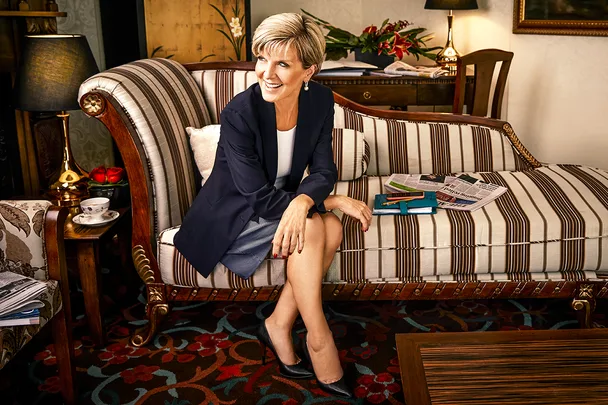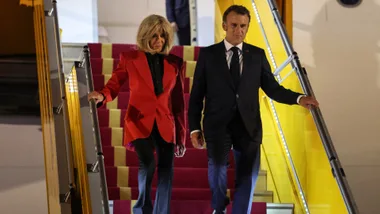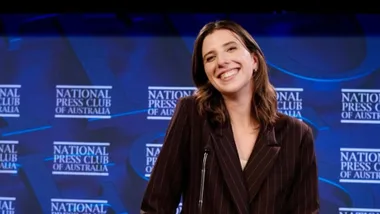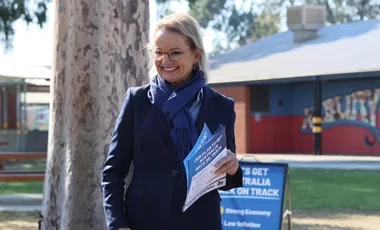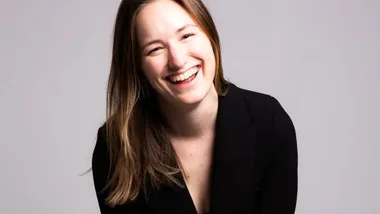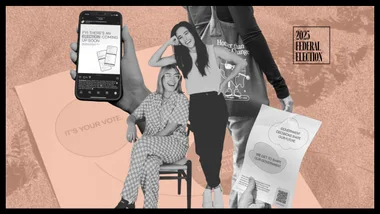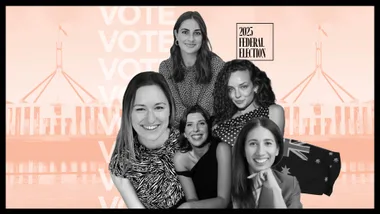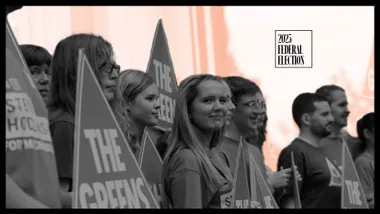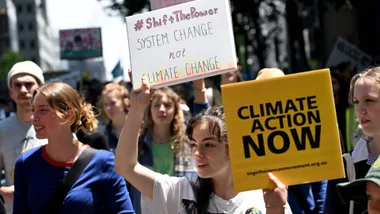Australia’s first female Foreign Minister and Deputy Leader of the Liberal Party for five years until the recent leadership spill, the Hon. Julie Bishop MP, believes more women need to be heard.
Entering public office is one of the highest callings: an opportunity to contribute to the betterment of your community and nation. While the public scrutiny can be intense, it is a rewarding and satisfying vocation in the service of other people.
During my time in politics, I have witnessed steady change in attitudes towards women in parliament and in leadership positions across Australia. My personal milestone was to be appointed as Australia’s first female Minister for Foreign Affairs.
There is a growing recognition that gender balance is important in any organisation, to ensure all perspectives are taken into account during the decision-making process.
Under Prime Minister Malcolm Turnbull’s leadership, six women were appointed to Federal Cabinet in 2015 – the equal highest number of women since Federation. The current Cabinet includes five female ministers. These women are high-profile role models to others wanting to pursue a career in male-dominated sectors or to have a rewarding career and a family at the same time.
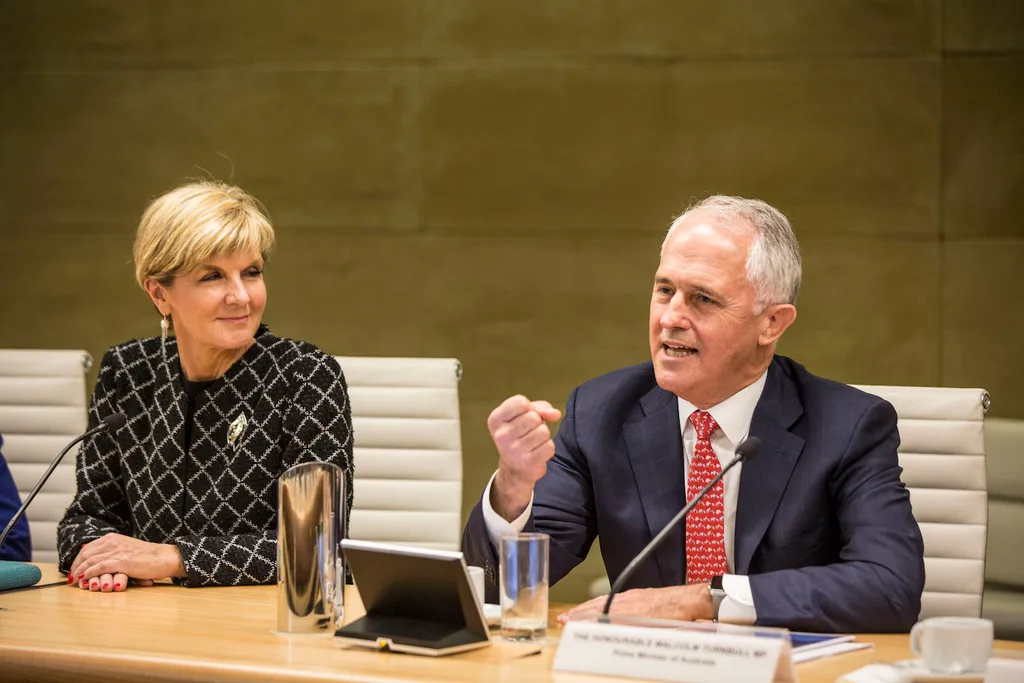
As these remarkable women break down barriers in their respective fields, they pave the way for more to follow. While significant progress has been made, women remain under-represented at decision-making levels in most sectors, including within our State and Federal parliaments here and abroad.
Throughout my professional career, I have held a strong belief that women should empower other women, whether through formal or informal mentoring, or simply by supporting each other as colleagues in the workplace. As the Deputy Leader of the Liberal Party, I feel the responsibility to support and mentor women who are interested in entering public office.
Women must be represented appropriately at all levels throughout society, business and government, to ensure the interests and perspectives of 50 per cent of all communities are heard.
